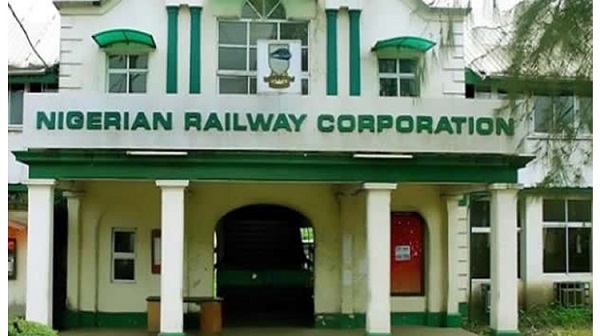Sir: Though the Eid-el-Kabir could have come and gone, yet, it marked for Nigeria a change in narrative, especially for cross-country travels, where the Nigerian Railway Corporation (NRC) played a much bigger role and witnessed an unprecedented surge in passenger turnout across all its three standard gauge corridors.
The NRC has modern trains running from Lagos to Ibadan, Warri to Itakpe, and Abuja to Kaduna. The sharp rise in railway patronage once again underscores the vital role that the NRC has started playing in the last two years, under the Renewed Hope Initiatives of the President Bola Ahmed Tinubu administration.
The high demand which in many cases the corporation could not meet not only ignites the new confidence in the railway by Nigerians, but also underscores the urgent need for the federal government to scale up investments in locomotives, coaches and wagons to meet growing demands.
During festive seasons like Christmas, Easter, Sallah and national holidays, transportation demand typically spiral nationwide. Yet in recent years, the preference for train travel has sustained a rapid and positive growth due to its affordability, comfort and safety – key factors that road travel often fails to guarantee.
Passengers increasingly flock to NRC stations for inter-city train services that offer not only convenience but a respite from road traffic congestion, insecurity on highways and inflated transport fare by commercial road operators.
The Lagos-Ibadan standard gauge corridor, for instance operated near full capacity throughout the festive season, prompting the introduction of an additional trips to accommodate crowd overflow. The Abuja-Kaduna lines also recorded a significant jump in daily ridership, reflecting renewed public trust in the safety and punctuality of rail services.
Similarly, the Warri-ltakpe corridor saw enthusiastic turnouts from travellers connecting urban centres, towns and cities along the route, especially with added incentive of NRC’s seamless online booking system and improved customer experience at stations.
While the NRC management, under the leadership of Kayode Opeifa, continues to innovate and expand service delivery, the corporation is increasingly constrained by limited rolling stocks. Many routes operate with a lean fleet of locomotives and coaches/wagons, for passenger or cargo traffic, that are barely adequate to meet peak-time demand.
May times, available trains are forced to make extra trips or work overtime to accommodate high passenger volumes, a move that, while commendable, places operational strain on both staff and equipment.
Moreover, as NRC scales up its haulage services for agricultural produce, cement, fertilizer, containers and other goods, the shortage of wagons have begun to affect the seamless movement of cargo, and area with massive economic potential for the country if properly supported.
Read Also: China ready for trade deals with Nigeria, says envoy
The rising passenger turnout at NRC stations is not just a seasonal phenomenon. It is a loud and clear signal that Nigerians are embracing rail transport as a primary mode of inter-city movement. For a country seeking to reduce pressure on roads, embrace decarbonisation by ensuring lower greenhouse emissions, and improve trade logistics, rail transport presents the most strategic solution. However to unlock this potential, government intervention is urgently needed.
An immediate boost in investment with the procurement of additional locomotives, coaches and wagons both for the narrow or the standard gauges, would significantly enhance the corporation’s ability to serve more passengers and cargo clients. Beyond passengers’ movement, expanding freight services through rail will support agriculture, manufacturing and import/export activities, and reduce the burden on road infrastructure.
Furthermore, such investments will create jobs, stimulate local content through maintenance and manufacturing partnerships, and attract private sector participation in railway logistics. Most importantly, it will deepen the implementation of the “Renewed Hope” agenda of the Tinubu administration by promoting inclusive development and connectivity across Nigeria.
To sustain this momentum and position rail as the heartbeat of national movement, the federal government must act decisively by investing in retooling the corporation. An investment in railway operations at this time would help sustain the drive of the present leadership and ensure that locomotives, coaches and wagons remain active. The future of Nigeria’s mobility depends on it.
•Callistus Unyimadu, Nigerian Railway Corporation, Lagos.
